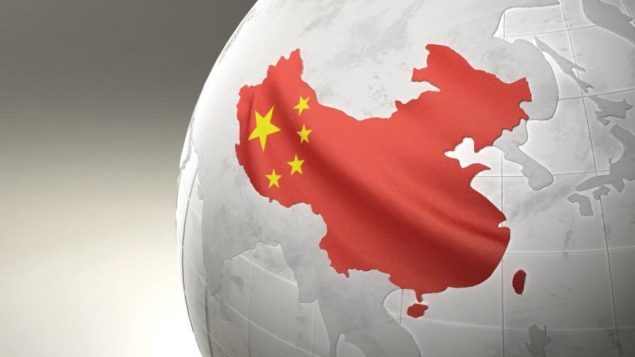The fight over California’s animal housing law, Proposition 12, could be decided by the Supreme...
Chinese Interest in U.S. Ag Assets Could Pose Security Risks, Federal Report Says

China’s push to achieve self-sufficiency, which has incentivized the nation to purchase, and even steal, agricultural assets in other countries, could present risks to the economic and national security of the United States, warns a report by the U.S.-China Economic and Security Review Commission. The Commission is an independent agency that advises Congress.
The report says China could gain further leverage over U.S. supply chains by purchasing agribusinesses and land in the United States, reduce U.S. competitiveness by stealing intellectual property and create bioweapons using DNA from genetically modified American crops.
Despite efforts by the Chinese government to expand production on domestic farmland, the country has struggled to cultivate enough food within its borders to meet its self-sufficiency goals. As a result, it has looked to farmland, equipment and intellectual property in other countries to fill those needs.
“The United States is a global leader in all of these fields, making a prime trading partner and often a target of China’s efforts to strengthen its agriculture sector and food security, sometimes through illicit means,” the report says.
China, which consumes almost 60% of global soybean exports, has attempted to reduce its reliance on imports from other countries. Additionally, President Xi Jinping has encouraged citizens to “develop China’s seed industry, pay close attention to cultivating excellent varieties with independent intellectual property rights, and ensure food security from the source,” according to the report.
The Chinese government’s desire to stir further development of genetically modified crops has led to attempts to smuggle biotech seeds out of the United States, which happened in 2016 when Chinese scientist Robert Mo was caught trying to steal seeds from an Iowa cornfield. The theft of modified seeds could not only lead to expensive losses for companies within the U.S., but also allow China to develop its own versions of American seed lines at a far faster rate than they originally took to develop, the report says.
Additionally, the report warns that China could use the genetic codes of American crops to create disease outbreaks targeting our fields. "The Chinese Government has reservations regarding the import of GM animals and plants from the West, but it has increasingly acknowledged the strategic advantages genetically modified organisms may present,” the report says. “Defensive applications of synthetic biology may also be a motivation behind China’s desire to access advanced U.S. seed lines or other agricultural IP (intellectual property).”
The Chinese Communist Party, according to the report, could also gain leverage over U.S. supply chains if companies with ties to the party purchase or merge with U.S. companies along the supply chain. Doing so could “create economic distortions in the U.S. agriculture market should China have more leverage over U.S. suppliers, resulting in a more closed market or intracompany trade transactions.”
To improve tracking of agricultural IP, theft or mergers and acquisitions, the report’s authors suggest that more cooperation between the Committee on Foreign Investment in the United States (CFIUS), the U.S. Department of Agriculture, and the intelligence community may be needed to identify risks to U.S. National Security.
The report also questions the accuracy of current information on foreign land purchases collected by the USDA, noting that “the lack of enforcement mechanisms in place regarding false reporting or no reporting at all … raises concerns.” Investors from China held less than 1% of the overall 35.8 million acres of U.S. farmland and forest land under foreign ownership in 2020, according to the USDA.
“It is unclear to what extent USDA conducts field assessments or tracks changes in land use or ownership after the initial paperwork is filed," the report says. "Chinese firms may easily circumvent current reporting requirements under the Agricultural Foreign Investment Disclosure Act and could repurpose the purchased land with little concern of repercussions from USDA due to the lack of enforcement measures in place."
Editor’s Take:
As previously noted, your AIR editor has traveled to China on several occasions in the past. It is easy to confirm that they simply do not have the arable land nor the technology to supply enough food for their ever-expanding population. Yours truly can also personally confirm that stealing technology is part of their strategy. It is essential that we, as a nation, keep a very close eye on China and their purchases of U.S. land, companies and technology. We seriously need to maintain oversight and strengthen enforcement measures. They have plenty of money to purchase their way into our backyard. That could truly be a strategic mistake on the part of our country. Food and agriculture are just as much national security issues as our military. Maintaining our ability to feed our nation, especially in a time of need, is not only wise but necessary. It should be no secret that China is seeking to be the world’s superpower, which is even more reason to keep a very close eye on their investments in the U.S. food and agriculture sectors, as well as intellectual property.








